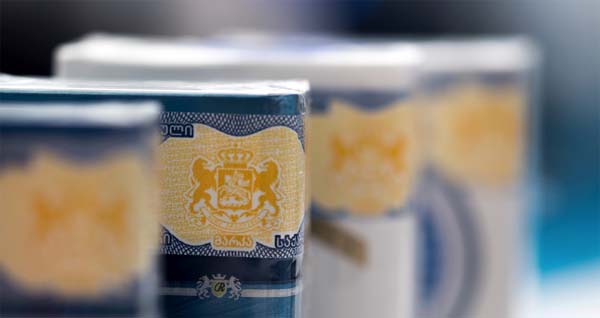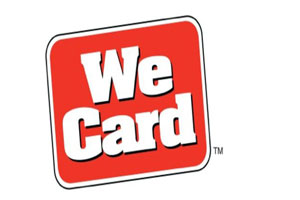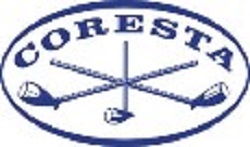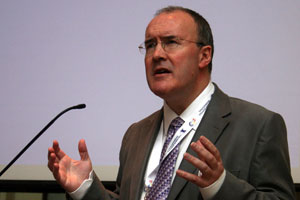 Zimbabwe’s tobacco deliveries remain low as prices show little signs of firming up, reports Newsday, quoting statistics from the Tobacco Industry Marketing Board (TIMB). As of day 37 of the 2019 marketing season only 87.8 million kilograms of tobacco had been delivered at both auction and contract floors, representing a 23 percent drop from the 115.1 million kg delivered last year.
Zimbabwe’s tobacco deliveries remain low as prices show little signs of firming up, reports Newsday, quoting statistics from the Tobacco Industry Marketing Board (TIMB). As of day 37 of the 2019 marketing season only 87.8 million kilograms of tobacco had been delivered at both auction and contract floors, representing a 23 percent drop from the 115.1 million kg delivered last year.
The average price being offered for the golden leaf has tumbled 37.6 percent from $2.89 per kg in the previous season to $1.80 per kg this year. The sale price is in United States dollars, but payment to the farmer is made in “Real Time Gross Settlement” (RTGS) dollars. The farmers have an option to use 50 percent of their earnings to apply for foreign currency at the official rate.
“We want full value of our tobacco,” said Tobacco Association of Zimbabwe president George Seremwe. “The 50 percent U.S. dollar component is not sufficient to cover the cost of production and not easy to access. We can’t retool for the coming season because of the RTGS component. Our farmers were hoping for an improvement on both the rate and prices. We, therefore, would like to call an urgent stakeholders meeting coordinated by TIMB and the Ministry of Finance. We are very much concerned by the manner this selling season has gone so far.”
This year, Zimbabwe has a target of 220 million kg, but output is likely to remain depressed.










